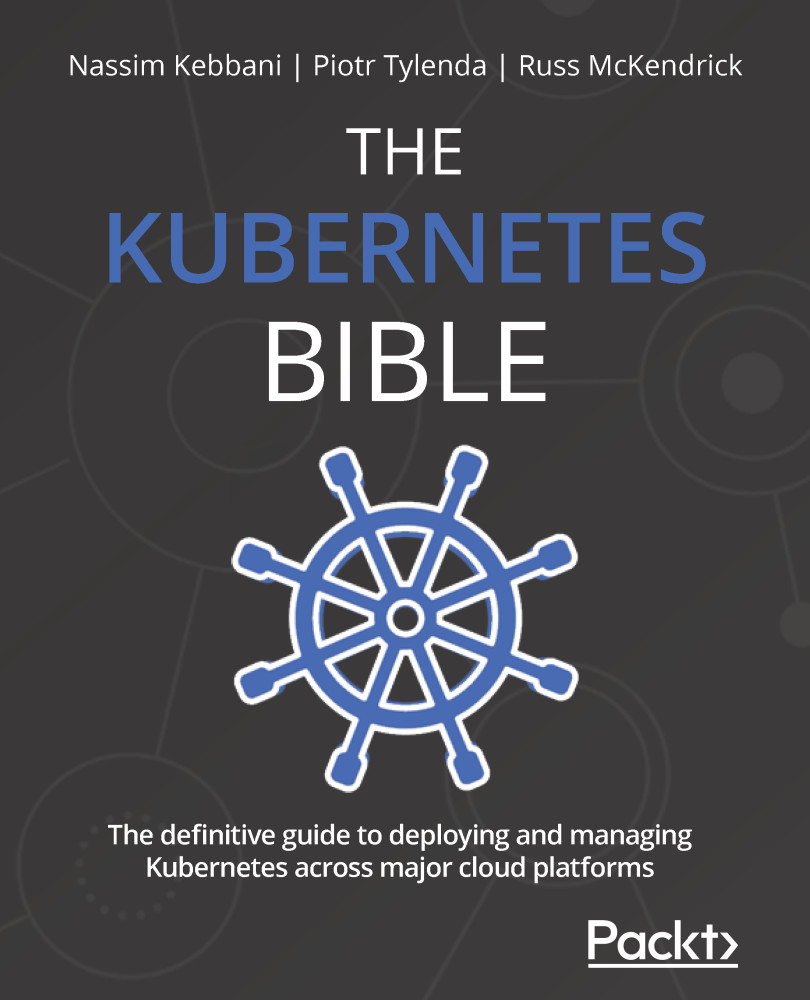Summary
This chapter has demonstrated how to work with stateful workloads and applications on Kubernetes using StatefulSets. You first learned what the approaches to persisting state in containers and in Kubernetes Pods are and, based on that, we have described how a StatefulSet object can be used to persist the state. Next, we created an example StatefulSet, together with a headless Service. Based on that, you learned how PVCs and PVs are used in StatefulSets to ensure that the state is persisted between Pod restarts. Next, you learned how you can scale the StatefulSet and how to introduce updates using canary and phased rollouts. And finally, we provided you with a set of known best practices when working with StatefulSets.
In the next chapter, you will learn more about managing special workloads where you need to maintain exactly one Pod per each Node in Kubernetes – we will introduce a new Kubernetes object: DaemonSet.
































































